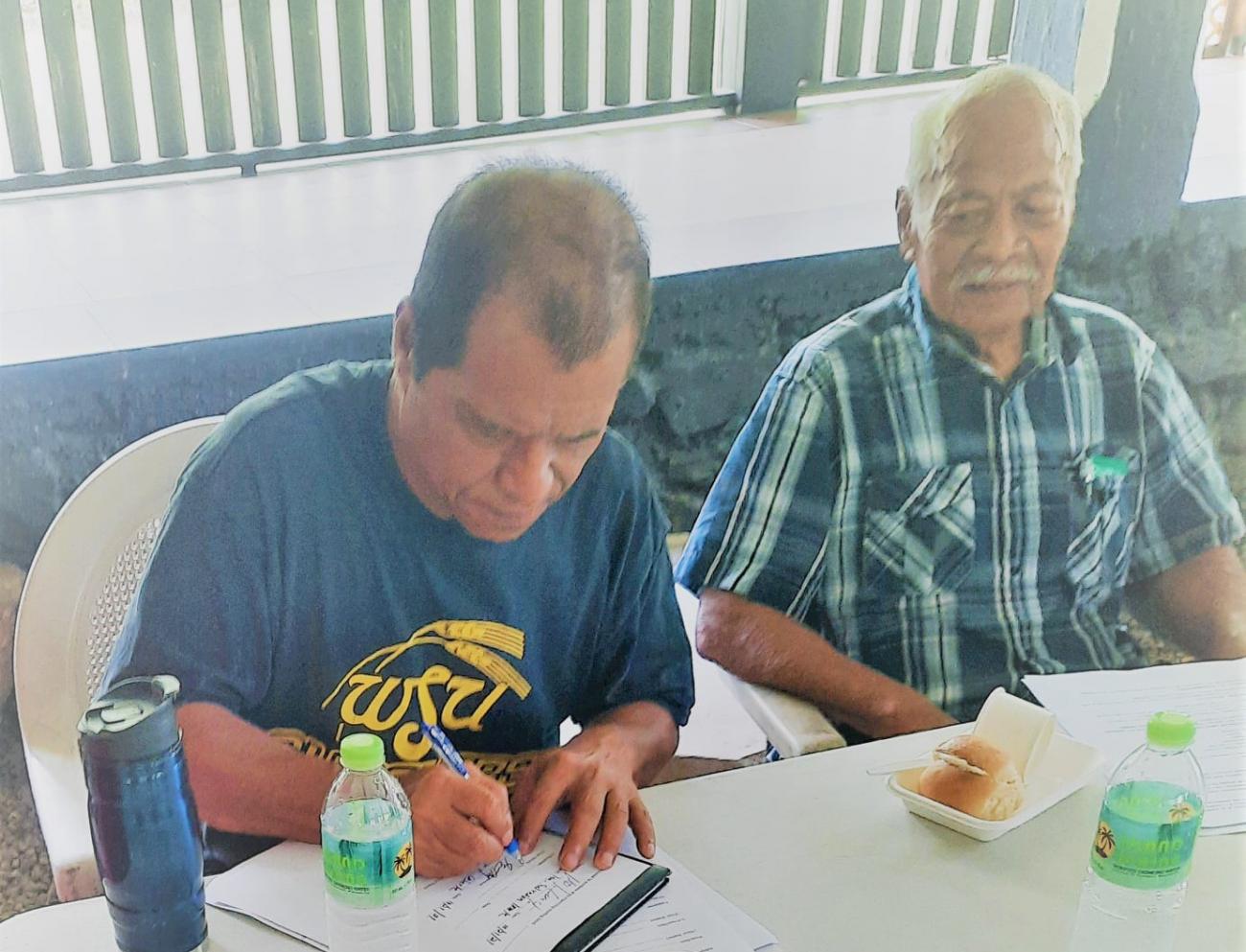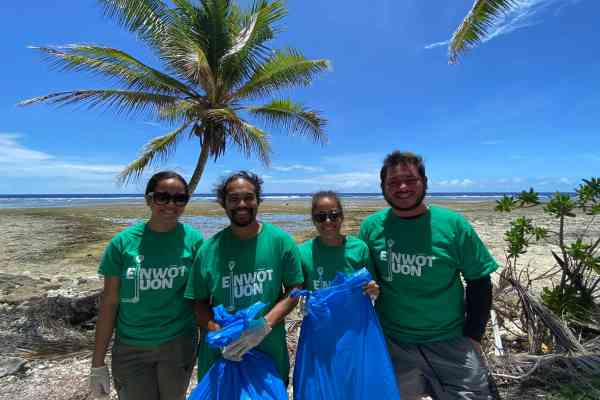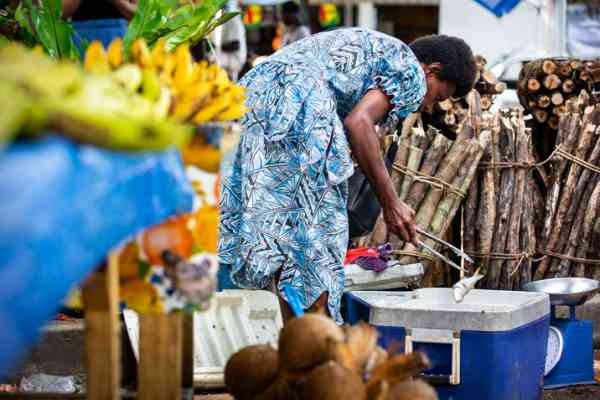In its work towards strengthening inclusiveness and aspiring to achieve equal participation and representation, the Federated States of Micronesia (FSM) registered its very first Net’s Senior Citizens Association (NSCA) as a legal entity at both the state and national level in October 2021.
The NSCA was registered by the Net Indigenous Women Council Association (NIWCA) that has been operating in the Pohnpei State for the past five years.
“Mobilising senior citizens to actively participate in the decision-making process of Net Municipal government’s program through the formal registration of NSCA as a legal entity has been an aspiration of NIWCA,” said NIWCA President, Ruth Iriarte.
Registering NSCA as a legal entity provides an enabling environment for the senior citizens to be organised, have a collective voice, and be able to organise future dialogues with the municipal and state government to identify the strategies to address the needs of the senior citizens not only in Net’s municipal but that of Pohnpei state.
NSCA Chairperson, Salter Pluhs said the Association will endeavour to promote the rights of senior citizens through active community participation that will be grounded in inclusive cultural values.
“Now that NSCA is a legal entity in Pohnpei, it will organise further dialogues between the senior citizens and officials in Net’s municipal government to discuss ways to develop services and acquire resources that will be tailored to the needs and interest of the senior citizens,” Pluhs said.
NIWCA originated from the Net Municipal, one of the six municipal government councils in the FSM State of Pohnpei and strives to promote the active participation of women and senior citizens in Net Municipal government council’s programs.
Made possible through the Pacific People Advancing Change (PPAC) programme small grant scheme managed under the Pacific Community’s (SPC) Human Rights and Social Development Division (HRSD), the establishment of the Senior Citizens Association will ensure that senior citizens have a voice and are able to participate actively in their community’s social, civic, and economic life.
About the PPAC Programme:
The PPAC programme aims to build advocacy capacity among Pacific Civil Society Organisations (CSOs) engaged with human rights issues, while also advancing those issues by supporting specific campaigns. It does this through a package of assistance that includes advocacy training workshops, ongoing mentoring, provision of small grants, and facilitating regional dialogue and exchange for advocates.
The programme also produces learning materials for use in the advocacy training, and by partner organisations. Funding comes from the Australian Government through the Department of Foreign Affairs and Trade (DFAT), United Nation Gender Entity for Gender Equality and the Empowerment of Women (UNWOMEN) Spotlight Initiative and the United States Agency for International Development (USAID).
PPAC currently supports CSOs in seven Pacific Island Countries – FSM, Kiribati, Republic of the Marshall Islands, Solomon Islands, Tonga, Tuvalu, and Vanuatu. PPAC-supports CSOs and coalitions campaign on a wide variety of issues which includes gender equality and Ending Violence Against Women and Girls, rights, and social inclusion for people with disabilities, social security for informal sector workers and senior citizens, protection, and inclusion for the LGBTQI+ community, climate change adaption, food security, environmental waste management, and sexual and reproductive health and rights.
To find out more about SPC HRSD’s PPAC Programme, go to https://hrsd.spc.int/node/949


